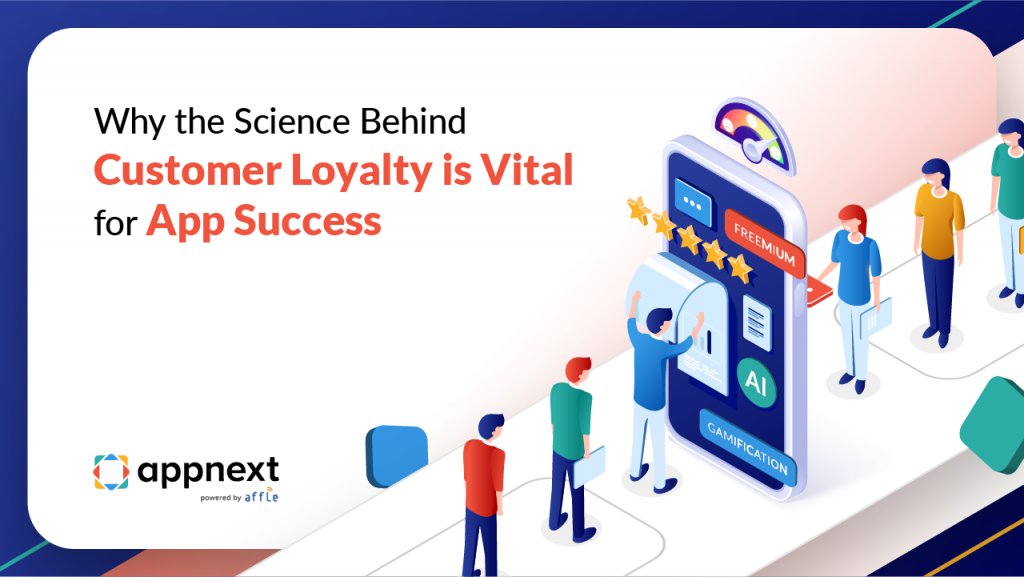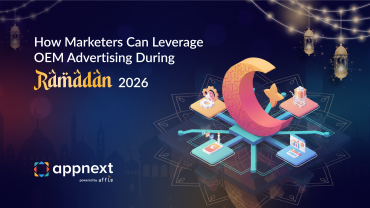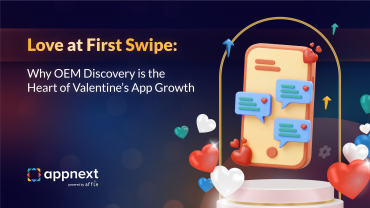
For every app developer, the ultimate goal is clear: growth that translates into profitability. Yet, despite favorable market conditions, smooth app functionality, and committed investors, countless apps still fail within their first 12 months. These failures often stem from neglecting a critical asset: the user. In their quest to attract new users and expand into new markets, many apps lose sight of the importance of retaining their existing user base, ultimately driving them into the arms of competitors.
The Brain When it Hears “Freemium”
True brand loyalty is deeply rooted in understanding the psychological mechanisms that drive consumer behavior. While developers and marketers diligently refine user experiences, they often overlook the powerful psychological factors that foster lasting loyalty. Dan Ariely’s pioneering work in behavioral economics sheds light on these dynamics, offering insights that are indispensable for app developers and marketers .
Ariely’s 2008 book Predictably Irrational introduced the concept of the power of “free” in marketing. Offering something at no cost does more than attract attention—it fundamentally alters the perception of value and risk, eliciting an overwhelmingly positive response. For app developers, understanding this aspect of human psychology is invaluable. At its core, Ariely’s concept suggests that strategically incorporating “free” elements into an app—whether through trials, bonus features, or exclusive content—can elevate perceived value and deepen user loyalty. The effectiveness of “free” is magnified when coupled with personalization, which speaks to our intrinsic desire to feel unique and appreciated. Personalizing these offerings not only forges a stronger emotional connection but also significantly increases the likelihood of sustained engagement.
These strategies illustrate the most basic yet powerful aspects of human psychology in marketing: the need for connection and the allure of perceived value. When marketers harness these psychological triggers effectively, they create user experiences that are not just compelling but also resilient in a fiercely competitive landscape.
Forming Habits for Enduring Success
While emotions significantly influence loyalty, habit formation plays an equally critical role. Charles Duhigg, in The Power of Habit, argues that nearly 40% of our daily activities are governed by habits rather than conscious decisions. For app marketers, this underscores the importance of creating seamless experiences that naturally integrate into users’ routines.
Ariely’s concept of “anchoring” is relevant here. Anchoring refers to the cognitive bias where an individual’s initial exposure to a product or experience sets a reference point that influences future decisions. Early positive interactions with an app can set a benchmark for future use, encouraging users to return and reinforcing their commitment. This anchoring effect is crucial for fostering habits that keep users engaged over the long term.
Beyond Functionality: Merging Psychology with Technology
When it comes to app development, understanding the psychology of loyalty is not merely an academic exercise—it is essential for innovation. Leading apps today are not just tools; they are experiences meticulously crafted to resonate on an emotional level. This goes beyond mere functionality, delving into the sophisticated application of psychological principles to captivate users.
Gamification remains a powerful technique because it taps directly into our psychological makeup. By transforming mundane tasks into engaging activities, apps trigger dopamine responses, fostering a cycle of reward and repetition. This strategy harnesses our innate desire for achievement and recognition, cultivating a habit that translates into loyalty.
Social proof, another principle deeply rooted in psychology, continues to be a driving force in user engagement. When users observe that others are finding value and satisfaction in an app, they are more likely to join in, generating a self-reinforcing loop that enhances both acquisition and retention.
The development of AI in app experiences is evolving beyond mere personalization. While AI’s ability to analyze behavior and predict preferences has become standard, its role in creating hyper-personalized, anticipatory experiences is where true innovation lies. Apps today don’t want just to provide content or service; they want to anticipate moods, preferences, and even the ideal time for a particular interaction, creating an experience that feels uniquely tailored to the user’s life. Experts predict that AI’s next frontier will involve even deeper integration into daily life, where apps seamlessly blend into the background, anticipating needs before they arise and making the user experience feel not just personal, but intuitive and indispensable.
In crafting these experiences, developers are not simply building apps—they are shaping digital environments that align with the psychological rhythms of daily life. By leveraging insights from behavioral economics, habit formation, and the evolving capabilities of AI, the most successful apps create not just utility but a sense of belonging and indispensability. The science behind customer loyalty, when skillfully applied, becomes the cornerstone of long-term success in the app marketplace.
Putting Insights Into Action with Appnext
Given the psychological foundations of loyalty, the challenge for app developers and marketers is to effectively channel these insights into strategies that maximize user engagement.
Appnext harnesses AI-driven insights to curate personalized mobile experiences that resonate on a deeply individual level. By meticulously analyzing user behavior and preferences, Appnext delivers suggestions that transcend the realm of generic advertising, offering experiences that feel like bespoke solutions. This approach not only enhances the likelihood of app downloads and usage but also fosters a sense of connection and trust—cornerstones of lasting loyalty.
Moreover, Appnext utilizes gamification in the mobile journey, elevating user engagement by transforming the search for new apps into an interactive and rewarding experience, while also helping users rediscover apps they may have forgotten, reigniting their interest through personalized and timely recommendations. Through dynamic ads and immersive content, users are guided toward new discoveries in a manner that is as enjoyable as it is effective. By transforming app discovery into a satisfying exploration, Appnext ensures that users are not just passive participants but active explorers, enhancing their overall experience and connection to the apps they choose—whether it’s a new one or an app already installed on their device.
Appnext leverages advanced AI-driven insights into its marketing platform, drawing on behavioral economics principles like those highlighted by Ariely. Instead of relying on generic advertisements, users are engaged with apps that resonate with their individual preferences and behaviors. This approach enhances the initial user experience by offering content that is uniquely tailored, fostering a sense of connection and trust. Through this personalized engagement, Appnext helps lay a strong foundation for enduring loyalty.
The convergence of psychological insight and cutting-edge technology is redefining how apps connect with users. By deeply understanding the emotional and habitual drivers of loyalty, and by utilizing sophisticated tech platforms such as Appnext, developers and marketers can craft experiences that do more than attract attention—they create lasting bonds that keep users coming back.



Comments are closed.